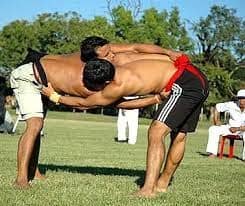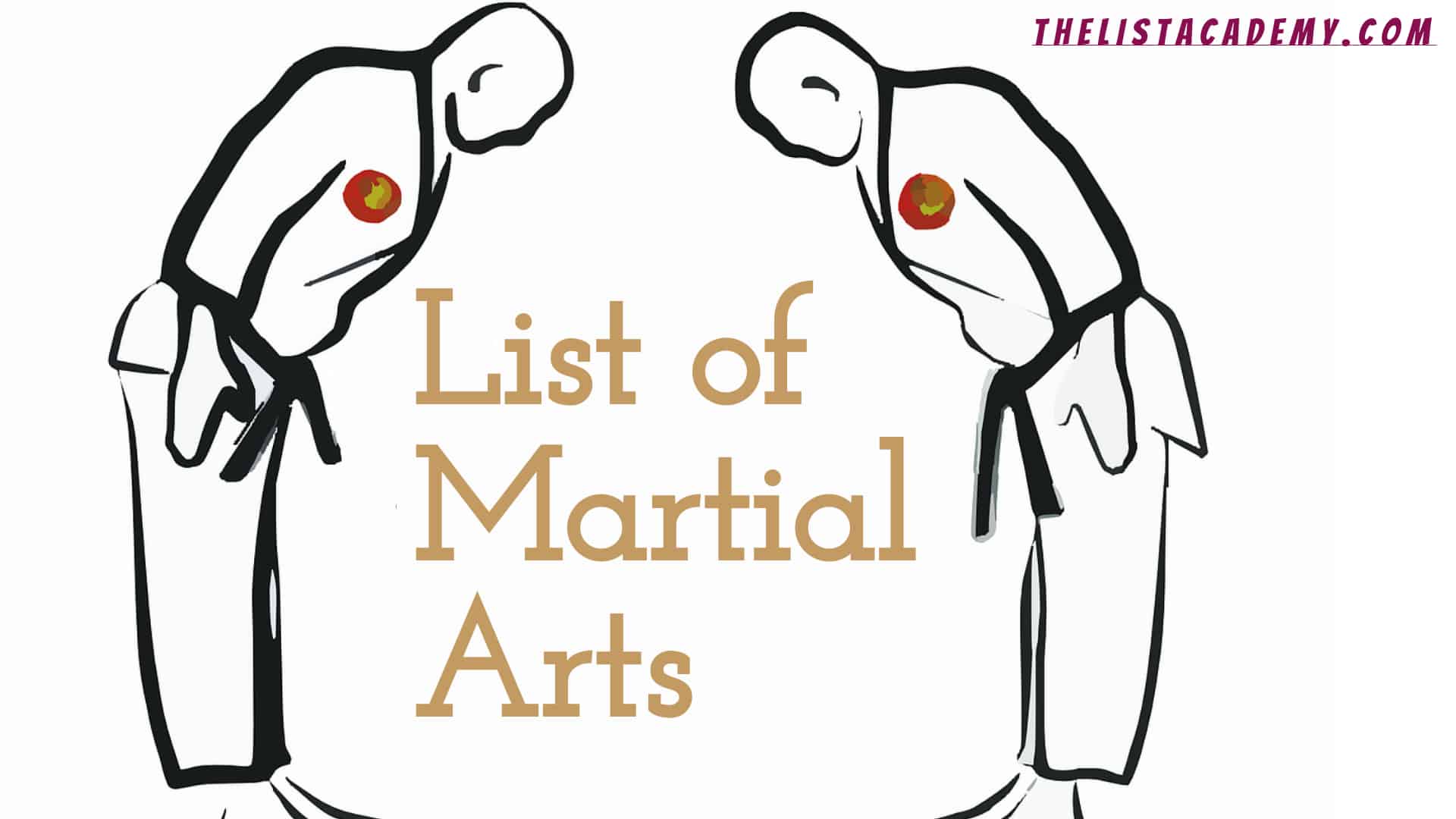
Musti Yuddha
Musti-Yuddha (Sanskrit and Hindi: मुष्टि युद्ध; Urdu: مُشٹی یُدّھاَ) is a traditional combat sport originating from the Indian subcontinent. The term literally means “fist combat”, from the Sanskrit words muṣṭi (fist) and yuddha (fight, battle, conflict). While this would originally have been used as a general term for any boxing art, today it usually refers to muki boxing from Varanasi, the only surviving unarmed style. In the Punjab there still exists an armed form of boxing called loh-musti in which the fighters wear an iron ring on one hand, although it is no longer used for sparring.
Aspiring fighters undergo years of apprenticeship, toughening their fists against stone and other hard surfaces, until they are able to break coconuts and rocks with their bare hands. Any part of the body may be targeted, except the groin, but the prime targets are the head and chest. Techniques incorporate punches, kicks, elbows, knees and grabs. Boxers wear no form of protection and fight bare-fisted. Matches may be one-on-one, one against a group, or group against group. Victory can be attained by knockout, ringout or submission.
The martial art is related to other forms of martial arts found in other parts of the Indian cultural sphere including Muay Thai in Thailand, Muay Lao in Laos, Pradal Serey in Cambodia and Lethwei in Myanmar.

